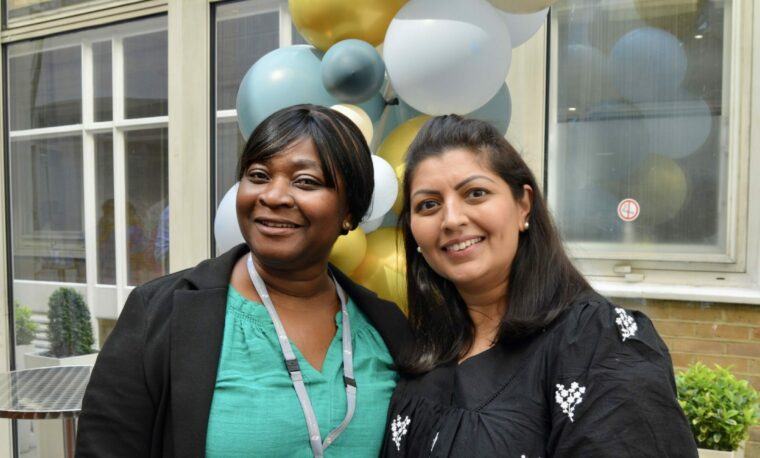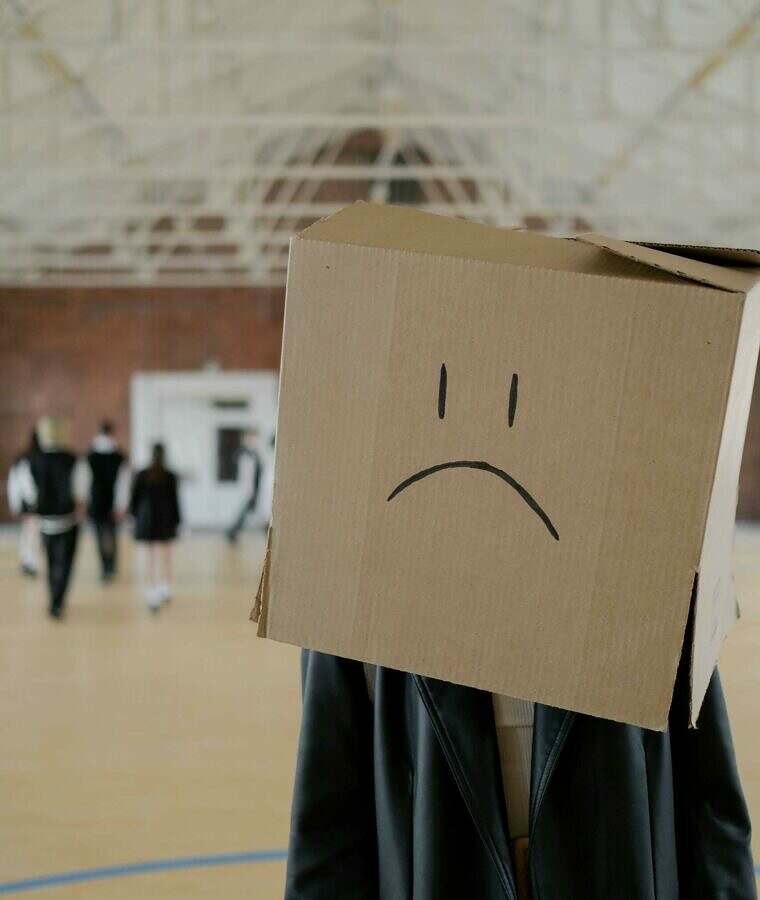ERP isn’t easy or enjoyable, but it does work, and the benefits are so worth it. You can live the life you want. You can live a life where OCD doesn’t affect everything you do.
I am not cured, but I can manage my OCD so much better than ever before. I live a functional life and yes, some days are bad days, but I am much more able to cope with them and not allow all of my safety behaviours to creep back in.
Read about a former patient’s journey with contamination OCD and her treatment journey in the OCD and related disorders unit at Nightingale Hospital.
I was an inpatient in the OCD and related disorders ward at the end of 2023. I have OCD which is mainly contamination-based, and I have known I have OCD for about six years and have had various courses of therapy within the NHS and privately. Before my admission, I had been off work for a couple of months as my OCD had escalated hugely. I had severe depression and was suffering from intense suicidal ideation. When I was admitted to the Nightingale, I was unable to go to work and had withdrawn from seeing friends. I was largely avoiding interacting with my dog and really struggled with compulsions both in work and general life. When I arrived at the Nightingale, I was so anxious and really wanted to go home as I was scared of what I would be asked to do. However, after a day or two, I settled in and found my feet.
My time at Nightingale Hospital
During my time at the Nightingale, I took part in all the sessions. I enjoyed the music therapy as I found it difficult to focus on anything else during the session, so it was great for externalising. The practical OT sessions were fab and allowed me to do a variety of ERPs, for example, cooking for other patients and staff, going on the tube to a pottery café, and making Christmas decorations. The ERP sessions take up a lot of the timetable and are obviously a main component of the therapy. My ERP tasks started off lower down my hierarchy, for example, touching contaminated areas outside and in the hospital and then contaminating my pyjamas in bed, which is a safe space for me. By the end of my admission, I had completed tasks I never imagined I would be able to. I went to a dog café, which was objectively dirty, interacted with the dogs, had a drink and ate without washing my hands, and wore the contaminated clothing again. Looking back, I am so proud of everything I achieved. We are all resilient enough to do what feels impossible.
Yoga as an ERP
Due to my fears of contamination, I was really anxious about going to yoga at the hospital. However, I did yoga several years ago and really enjoyed it. I used the hospital yoga as an ERP. Initially, I showered and washed my hair after every class. With support from the team and as the treatment progressed, I attended yoga without showering afterwards. I also went to the OCD ward yoga with Hela. This class was amazing, and I would 100% recommend everyone to go. Since discharge, I go to yoga every week and I find it a great relaxation activity.
Post-discharge
I was so anxious about being discharged and relapsing and yes, things can be more difficult post-discharge. However, you will make a staying well plan with your therapist before discharge, and this helps settle some of my anxiety. Since being discharged, I have continued with ERP and still have CBT every week, but I am starting to space these out as I remain in remission on the Florida Inventory scale. I have gone back to work on reduced hours, which is much more manageable and has allowed me time to continue doing things I enjoy. I am also back to interacting with my dog, which has brought me great joy. I am not cured, but I can manage my OCD so much better than ever before. I live a functional life and yes, some days are bad days, but I am much more able to cope with them and not allow all of my safety behaviours to creep back in.
Looking back at my OCD
One of the things that really stuck with me from my time in the ward was that OCD limits your life. I tried to control everything around me by performing my safety behaviours, but by trying to control things and mitigate risks, my life shrunk, and I was miserable. Accepting risk, however horrible it can feel, has made my life worth living. Having been with my partner for six years, he says I am the happiest and healthiest version of me that he has ever known. That is in huge part down to the team in the OCD ward who helped support me during my treatment.
ERP isn’t easy or enjoyable, but it does work
The treatment programme is hard and tiring, so please do make time to do enjoyable things and externalise. During my admission, I made time to see friends and family in London and explore the city. I used these visits and trips to keep doing ERP, which was especially useful at weekends when there is no ERP group session. I always used to say to Professor Veale that I did a really good ERP, but I didn’t enjoy it. He always laughed and told me I wasn’t supposed to enjoy it. And he’s right. ERP isn’t easy or enjoyable, but it does work, and the benefits are so worth it. You can live the life you want. You can live a life where OCD doesn’t affect everything you do.
I am so grateful to everyone on the ward for everything they have done for me. Just as a final note, I wish you all the best on your journey and admission to the hospital. It’s a really tough journey but stick with it and things will improve. Take care.
Looking for support for OCD?
OCD is a crippling and debilitating condition. If you, or someone you love, is looking for support for OCD, we have a number of different ways in which we can support.
We offer inpatient, day patient and outpatient support for OCD and our team are here to make sure the support you receive is the best next step for you.
The first step is to make an enquiry.
Support for OCD
Related Conditions
Treatment approaches
Relevant specialists
-

Professor David Veale
Lead consultant for OCD and related disorders at Nightingale Hospital










